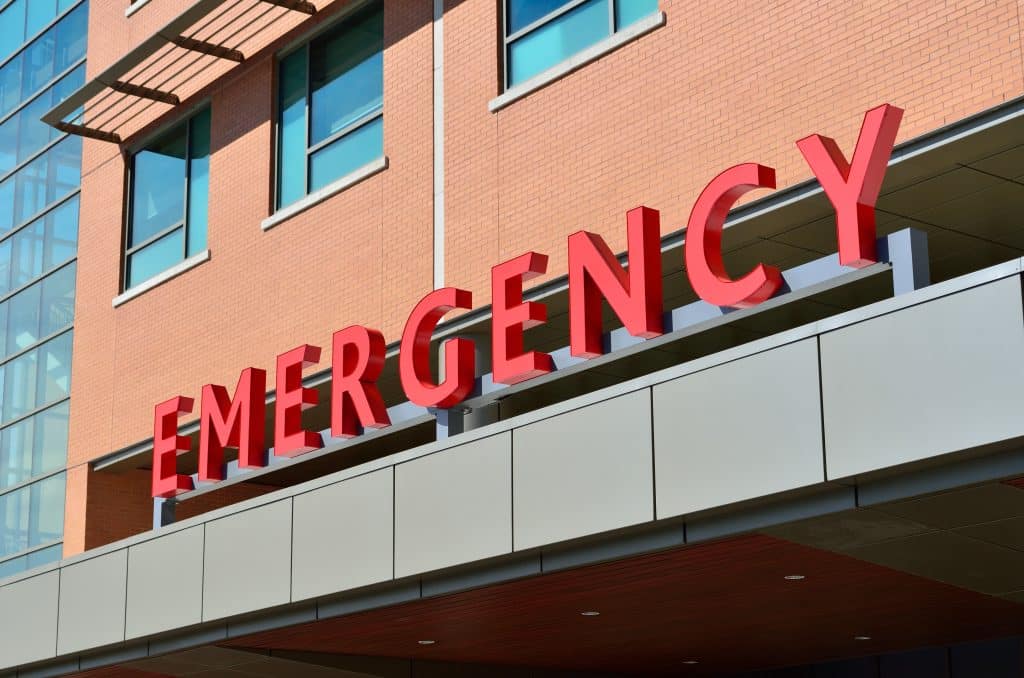When it comes to saving lives, things can get tricky and, at intense moments, even chaotic. Medical negligence can come under a medical practitioner unintentionally neglecting their duties or medical steps to cater to a patient, which may result in minor to fatal accidents. Negligence can be identified in multiple aspects, for instance, if a patient is misdiagnosed, given the wrong treatment, or has highly harmful doses of medication. The doctor-patient relationship is significant to prove doctor negligence if you decide to go to court.
If, as a patient, you feel you have been a victim of your doctor’s negligence, then you should learn the few steps you need to take to make your case or hire a personal injury lawyer to represent your case. An attorney can help you determine whether there is a case and then file a claim for GP doctor negligence. Talking about doctors’ negligence, there are several types of these errors in the emergency room. So let’s take a quick look at it.

- Medical misdiagnosis
- Delayed treatment
- Treatment conflicting with the disease of injury
- Failure to follow up
- Not performing necessary tests
Keeping Your Personal Injury Lawyer in the Loop
Since we are talking about hiring a lawyer, let’s take a look at the legal side of such malpractice. Emergency rooms are chaotic, and patients in that area require urgent medical attention. A patient can lose their life if even a small thing goes wrong. So talk to your lawyer and inform them about the entire situation. In case of a doctor’s negligence in the emergency room, you need to consult your lawyer and file a case or lawsuit against the doctor.
Don’t Forgive or Forget Doctor’s Negligence
Many people claim that forgiving and forgetting is a healing process for both doctors and patients. But this is just a way to avoid all sorts of trouble the doctor or the hospital might get into. Many people have lost their lives because they were given the wrong injection or a doctor did not attend to them. It is advised to pursue such cases and hold the relevant people accountable. This will give you justice and save countless people in the future.
Keep Track of the Treatment

Proof plays an essential role in involving lawyers and courts in a matter like this. Therefore, it is better to keep all the prescriptions and slips provided by the doctor during the treatment. Then, if anything goes wrong, you can always use these records to prove that your doctor was negligent and not treating you right.
Conclusion
As mentioned earlier, emergency rooms are chaotic and serious patients are brought there for urgent treatment. This is where doctors have to be vigilant and attentive while providing treatment. Any negligence by these doctors can result in fatal results, which can put them in hot waters. Therefore, the patients and their family members are supposed to be aware of their rights and strategically move forward in case of any mishap or error made by the doctor or staff of the emergency room.












Leave a Reply